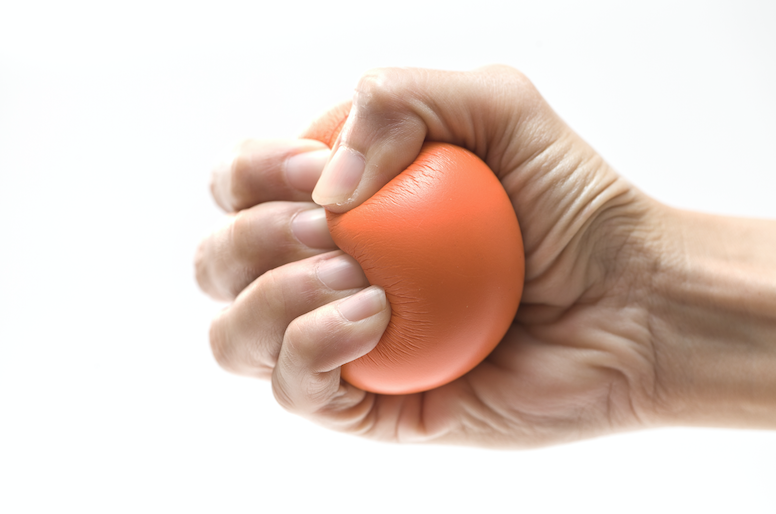How Does Exercise Benefit Your Brain?
August 3 2017
Struggling with stress? Need an emotional lift? Then it’s time to get moving! A growing body of research shows that exercise boosts brain health, prevents cognitive decline, and improves memory. It also lifts your mood and balances emotions, leading to a better quality of life. Working out is one of the easiest, most effective ways to fight stress and enhance your body’s ability to handle mental tension.
The Psychological Benefits of Exercise
Staying active is good for your brain and body. Exercise kicks up endorphin levels, which helps relieve depression and stress. Endorphins are also known as the happiness hormones. For this reason, health experts recommend people struggling with depression and negative thoughts to engage in regular exercise.
Research indicates that physical activity improves brain health in more than one way. It not only increases endorphin production but also elevates body temperature and reduces immune system chemicals that trigger depression. At the same time, it boosts your self-esteem and improves brain performance. Studies conducted on mice have shown that aerobic training promotes the formation of new brain cells and raises BDNF levels in the brain, which helps with decision making, learning, and thinking.
Exercise is particularly helpful for those with Alzheimer’s disease. Researchers have found that seniors who exercise experience significantly less cognitive impairment compared to those with a sedentary lifestyle. If you keep active, you will feel better about yourself, make smarter decisions, and focus better at work. Regular training can also boost your memory and learning ability, so you’ll be more productive in your daily life. Recent studies indicate that exercise can increase hippocampus size by over two percent, leading to improved memory.
Physical activity also boosts blood flow to the brain area responsible for memory and perceptions, which enhances your ability to learn new skills. Due to its stress-lowering effect, it helps you keep cool under pressure and sleep better at night. People who exercise regularly are more confident and self-secure, have a better body image, and have more energy than their sedentary peers.

What’s the Right Age to Start Working Out?
One of the best things about exercise is that it benefits people of all ages and fitness levels. It’s never too late to hit the gym or play sports. From kids to seniors and pregnant women, anyone can reap the benefits of physical activity. According to experts, children who exercise are happier, healthier, and smarter. They also get better grades in school, have fewer mood swings, and are sharper mentally.
It’s no need to spend hours in the gym to reap the rewards of exercise. Working out for as little as 30 minutes a day up to five times a week can improve your health on every level. If you’re a newbie, start with 10-15 minutes a week and then gradually increase workout duration and intensity. Daily activities, such as climbing the stairs, walking, running, and gardening, count as exercise too. If you can’t make it to the gym, go jogging or hiking, hit the swimming pool, or work out at home. Push-ups, pull-ups, bodyweight squats, walking lunges, planks, mountain climbers, and burpees are a great choice.
—
For health and wellness consultations, call to schedule an appointment with us at 03 5229 5192 (Myers Street Family Medical Practice), 03 5241 6129 (The Cottage Medical Centre), 03 5264 8838 (Torquay Medical Health & Wellness Clinic). For Corporate Care Program and inquiries about flu shots for your employees, visit Workplace Health & Safety Victoria.
